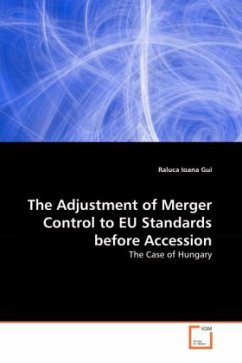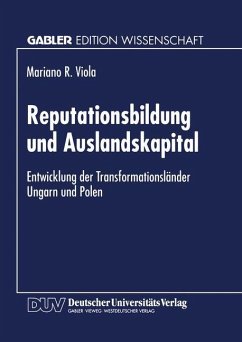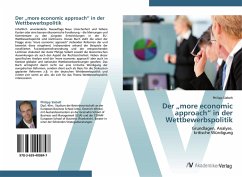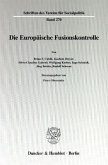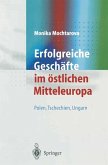A simple study of merger applications processed by the Hungarian Competition Office and annual reports of the same authority are used to analyze the adjustment of the Hungarian merger control to the standards imposed by the European Union in the years preceding the country's accession. The progress in approximating the Hungarian competition legislation to the one of the European Community is evident in all antitrust areas. There are also similarities between the structures of antitrust cases processed by the two authorities. However, industrial policy and social issues are still taken into consideration when assessing merger cases, fact that contravenes with the policy of the Community. A clear demarcation of the relevant market is found to be less important when the number of competitors in the market is considered high enough to hinder any anti-competitive behavior of the new merged group. High market shares are found to be of secondary importance if the market is considered to be contestable.
Bitte wählen Sie Ihr Anliegen aus.
Rechnungen
Retourenschein anfordern
Bestellstatus
Storno

